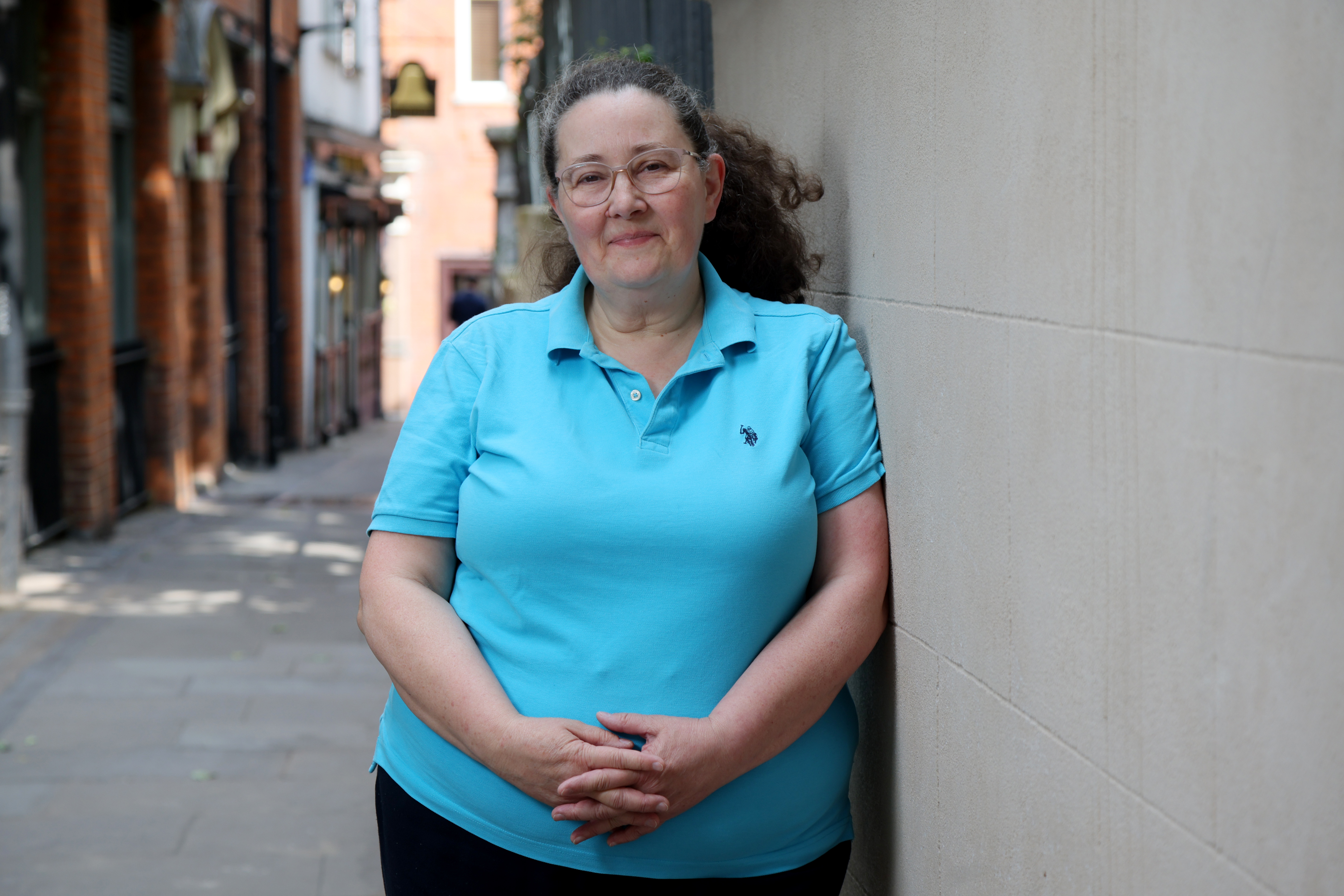
Make money make sense
Make every penny count with expert, impartial advice for just £49 a year – plus, get a £10 M&S voucher.
Join Which? MoneyJoin by midnight on 15 February 2026 and receive a £10 M&S gift card.

Banks are pouring resources into digital services, while customers who prefer traditional ways of banking are increasingly overlooked, warns Which?. It’s not just the vanishing high street branches – banks are quietly whittling away everyday services too.
Cuts to services such as face-to-face appointments, paper statements and coin-counting machines can be harder to quantify, although no less disruptive.
Customers are pushed to run their financial lives via an app, and those who can't, or won't, follow suit say they face an increasingly inferior service.
We dive into why 35% of Which? Connect members don’t feel valued by their banks, and ask – is a two-tier banking system emerging?

Make every penny count with expert, impartial advice for just £49 a year – plus, get a £10 M&S voucher.
Join Which? MoneyJoin by midnight on 15 February 2026 and receive a £10 M&S gift card.
We asked Which? members if they’d noticed services being removed by their banks in the past two years.
They reported losing paper statements (18%), automatic cheque book replacement (15%), face-to-face appointments (14%) and coin-counting machines in branch (8%); ATMs that accept cheques (7%); and SMS balance alerts (4%).
‘I’m fed up with the relentless erosion of bank services. Now First Direct is axing text alerts, and we don’t even get a say. It’s so frustrating,’ says Lorena Martin, from London (pictured here).
For years, Lorena has happily handled most of her banking over the phone, using her local branch of parent bank HSBC to fill in the gaps.
It’s now much trickier to do this since self-service machines at HSBC branches became off-limits to First Direct customers in April. Meanwhile, helpful balance alerts and mini statements by text have also been axed.
‘I don’t want to use internet banking, yet that’s exactly what First Direct is pushing me to do,’ she says.

The rapid pace of change doesn’t just risk excluding the most vulnerable members of our society – there’s also a growing sense that standards in non-digital services are deteriorating.
Only 22% of Which? members with a bank account say they’re satisfied with branch banking, and 21% feel the same about phone banking. Yet satisfaction jumps to 59% for mobile banking and 73% for online services, signalling something of a two-tier system.
Many people prefer online and mobile banking, finding it convenient, quick and secure, but the digitisation of the financial industry shouldn’t come at such a cost to those who don’t.
Some of our members say ‘telephone banking is becoming less personalised with longer waits’, or that banks are ‘closing branches in droves and providing a poorer service in them’.
Others fear for the future, such as Rosalind, 68, from Gateshead, who says the hours her preferred telephone banking service is available have dwindled considerably over the years.
‘I’m scared of internet banking – not just the security, but also of making a mistake. Lloyds’ telephone banking hours used to be from early morning until late in the evening, now it’s until 6pm. I think that banks are pushing customers online and I’m afraid it will try to force me to do online banking if they know I now have internet at home.’
The Financial Conduct Authority (FCA) says that banks are largely free to make commercial decisions about services they wish to remove or change. There are some limited exceptions, such as the provision of bank statements (although these don’t necessarily need to be hard copies).
Even so, they should ‘avoid causing foreseeable harm to customers impacted by the changes to, or withdrawal of, a service or product, especially those with vulnerable characteristics’, in line with the new Consumer Duty.
They must also take reasonable steps to remove barriers for people with disabilities under the Equality Act.
There are expectations of banks when it comes to communicating changes to services, chiefly that they should provide appropriate information (in good time, in an appropriate medium and in easily understandable language).
But, it remains to be seen how successfully the FCA will monitor the potential impact of bank services and standards being eroded more subtly than branch closures.
Which? wants banks to remember that everyday internet use is different from internet banking, which carries greater risk than, say, buying your groceries online.
Questions are also being asked about the fundamental resilience of digital services following another wave of major IT meltdowns that affected around 1.2 million customers of Lloyds, TSB, Nationwide and First Direct at the start of the year.
‘We need to have a range of ways to bank and make payments, something for every need. Cyberattacks and disruptions are getting worse. Technology isn’t anywhere near as reliable and robust as people who introduce these new systems seem to think,’ says Which? member Ully, 67, from Hertfordshire.
There has at least been significant progress in the drive to protect free access to cash for those who still want to use it.
Which? helped to shape new legislation forcing banks and building societies to guarantee free cash services within three miles of consumers and businesses, or risk being fined.
The government has also committed to introduce 350 banking hubs (where banks share premises) by 2029, marking a huge victory for community banking campaigners such as Derek French, 85, a former NatWest executive.
Once the promised hubs are in place, the likes of Barclays and NatWest will have more of a presence across these than their own branches.
However, banks must widen and improve the functionality of services on offer. Customers who need to, say, register power of attorney or grant of probate, or open a new account, may still need to travel significant distances to access this.
Derek also cites difficulties such as paying bills (Post Office staff run banking hub counters and can only accept payments for bills with barcodes), requesting printed lists of standing orders and direct debits (currently being piloted in a handful of hubs), and using the Post Office envelope scheme to pay in cheques (not ideal for large amounts).
Perhaps banks will finally realise they could set themselves apart from the pack, by excelling at the personal touch, whether in branches, hubs or over the phone, says Derek. ‘I do have some sympathy with high street banks, as their competitors are largely digital banks that have never had branches, but they don’t seem to realise they have a unique selling point.'
Which? surveyed 13,660 members of its online panel 15-21 May 2025
This article was corrected to make it clear that First Direct axed balance alerts and mini statements by text in August 2024 (not August 2025).
This article uses insights from the Which? Connect panel, collected from research activities with our members. Find out how to get involved